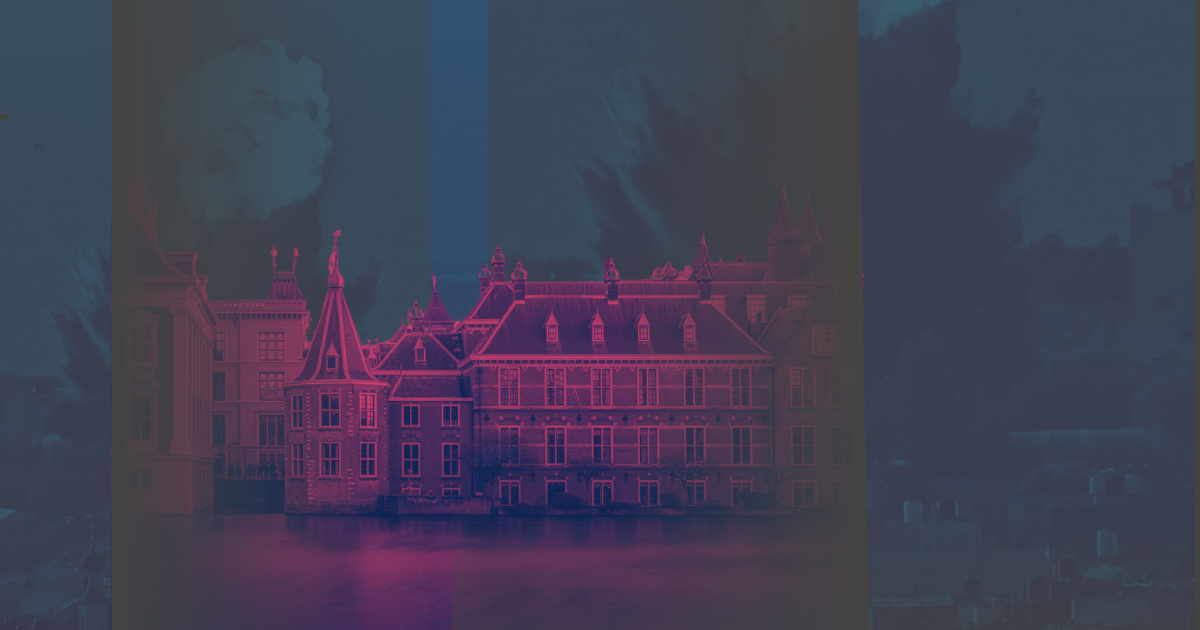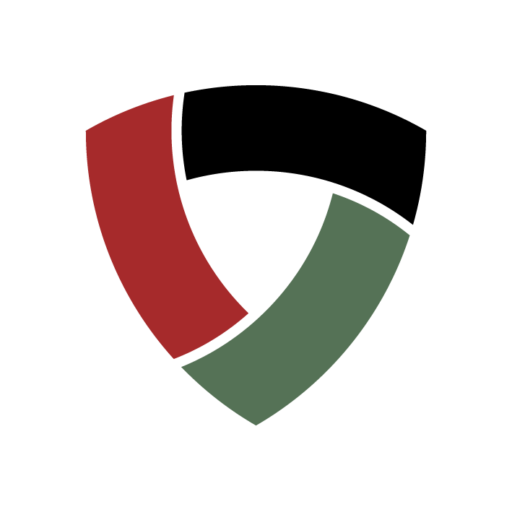نواجه > BLOG
Court appeal: confronting the role of the Dutch state in genocide
On 3 September, the Dutch Court of Appeal will hear the appeal in a case brought against the Dutch government by ten Palestinian and Dutch organisations. The case demands an end to the Netherlands’ role in enabling Israel’s ongoing genocide in Gaza and its unlawful military occupation and colonisation of Palestinian land. These are not isolated policies, but central pillars of a Zionist settler-colonial project rooted in forced displacement, land theft, and racial domination.
European entanglement in settler-colonial violence
The appeal challenges a ruling issued by The Hague District Court in December 2024, which acknowledged the Dutch state’s obligations under international law but declined to enforce them. The court accepted the government’s position that arms exports could proceed under a “case-by-case” licensing framework, even though the International Court of Justice determined that plausible genocide is being carried out in Gaza, and the Dutch territory remained actively involved in transferring weapons used in that context. It treated the government’s “discouragement policy” on trade with illegal settlements as sufficient, without evaluating its effectiveness or consistency with international law. In doing so, the court affirmed a model of governance in which legal commitments are nominal, accountability is optional, and administrative procedures replace political responsibility. This appeal is a direct challenge to a system that reduces state complicity in atrocities to a matter of bureaucratic discretion.
The Netherlands’ entanglement in Israel’s regime of apartheid and colonisation is not new. It reflects a longer arc of European complicity in Zionist state-building and the violent reordering of Palestinian land, demography, and sovereignty. As a former colonial power, the Netherlands has reconstituted its relationship to empire through trade, surveillance, and weapons supply. These entanglements expose the lie of European neutrality. For decades, Dutch governments have offered diplomatic cover, economic protection, and logistical access to a state that has made the subjugation of Palestinians its governing principle.
Weapons, logistics, and the political economy of atrocity
This case exposes the infrastructure that sustains Israel’s system of domination. Through export licences, customs operations, and logistical routes, the Netherlands facilitates the delivery of military and surveillance technologies to Israeli forces, including components for F-16 fighter jets and navy vessels used to bomb Palestinian families and the little that is left of the infrastructure in Gaza. These are not incidental transactions. They are the logistical enablers of a system designed to dominate, displace, and destroy. The Dutch government sustains this system through regulatory frameworks engineered to shield trade from accountability. Legal oversight becomes a smokescreen. Compliance becomes collusion. What is at stake here is not a set of export policies, but the political economy of atrocity. Genocide is not an isolated act. It is enabled by capital, material supplies, logistics, and bureaucracies that extend far beyond its borders. As long as the Dutch state continues to treat the mass killing of Palestinians as a licensing issue, it remains a central actor in the material conditions that make those crimes possible.
Dutch funds in the Israeli war economy
Beyond weapons and military logistics, the Dutch state also anchors a financial system that allows capital to flow freely into the Israeli war economy. The Netherlands is the largest investor in Israel worldwide and is responsible for nearly two-thirds of all European investments in Israel, often through tax-facilitating holding structures that shield corporate profits from scrutiny. These investments are not abstract figures on a balance sheet. These investments fuel Israel’s economy of genocide and provide Israel with the financial and economic resources to continue its occupation and genocide. Every euro routed through these channels strengthens the economic foundations of Israel’s system of domination.
This financial role is inseparable from the wider capitalist logic that underpins the genocide of Palestinians. Israel’s assault on Gaza and the West Bank is not only a military campaign, it is a strategy of violent dispossession and market expansion. It clears land, suppresses resistance, and opens space for new infrastructure, new investments, and new profit. Dutch investors, companies, and regulators are embedded in that structure, and the state’s refusal to act only reinforces their position. At the same time, multiple Dutch companies are directly profiting from Israel’s policy of colonial dispossession. The occupation is not only illegal, it is profitable. This case demands that the Netherlands stop facilitating a system where colonial violence is rewarded and protected under the banner of international trade.
Attack dogs and everyday tools of repression
The violence is not limited to bombs and bulldozers. Since October 2023, at least three Dutch companies specialising in breeding and training service and police dogs have exported dogs to Israel. The Israeli army deploys such dogs during night raids, arrests, and home invasions. They have been used to terrorise families and torture detainees. The Dutch government has allowed this trade to continue, even after documented evidence linked such dogs to unlawful attacks, and after members of the parliament have expressed their opposition to these exports. This, too, is part of the genocidal supply chain, a form of state-enabled violence that stretches from training facilities in the Netherlands to the doorways of Palestinian homes.
The myth of Dutch neutrality
The Netherlands plays this role while presenting itself as a champion of international law. It hosts the International Criminal Court and the International Court of Justice. It claims to uphold the Genocide Convention and respect the Geneva Conventions. Yet it continues to transfer weapons, export police dogs, and provide legal shelter for companies that finance settler-colonialism and apartheid. This is not a contradiction to be fixed through policy tweaks. It is a system of legal and logistical support for a regime accused of genocide.
High stakes
The 3 September appeal hearing puts that system on record. It asks whether international law can place limits on state-backed violence, or whether legal commitments collapse when power and profit are at stake. This case demands a clear break: an end to the Dutch government’s role in enabling Israel’s crimes, and accountability for the structures that make them possible.
If you want to help hold the Dutch state accountable, contribute to our legal crowdfunding campaign.

Read the press release for more information. “Save the date: Appeal Hearing on Dutch State’s Role in Facilitating Israel’s Genocide and Illegal Occupation“
